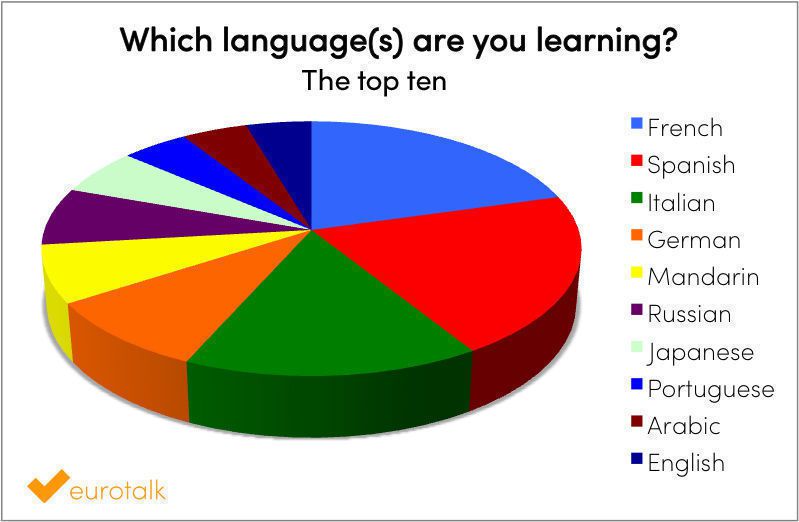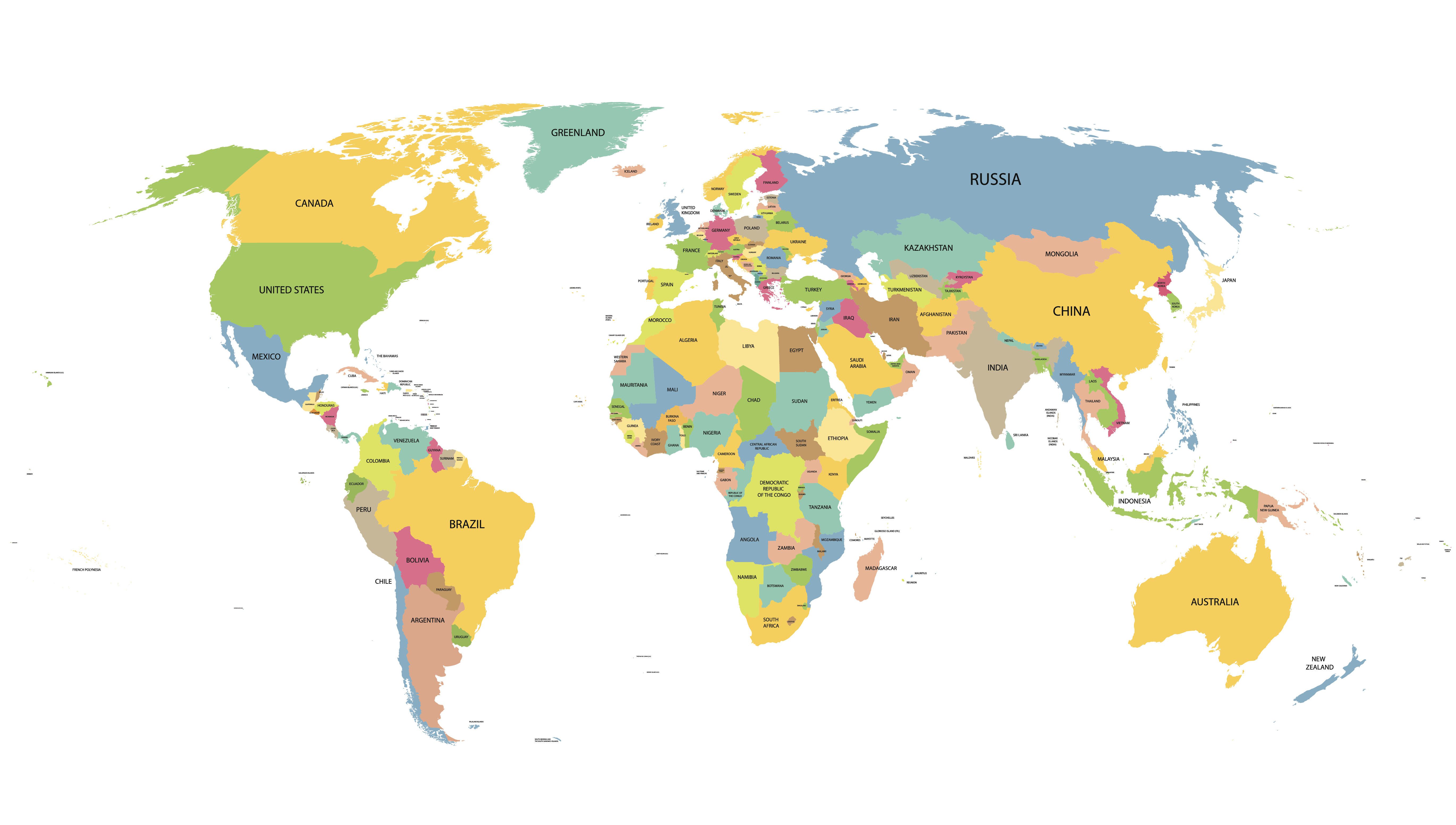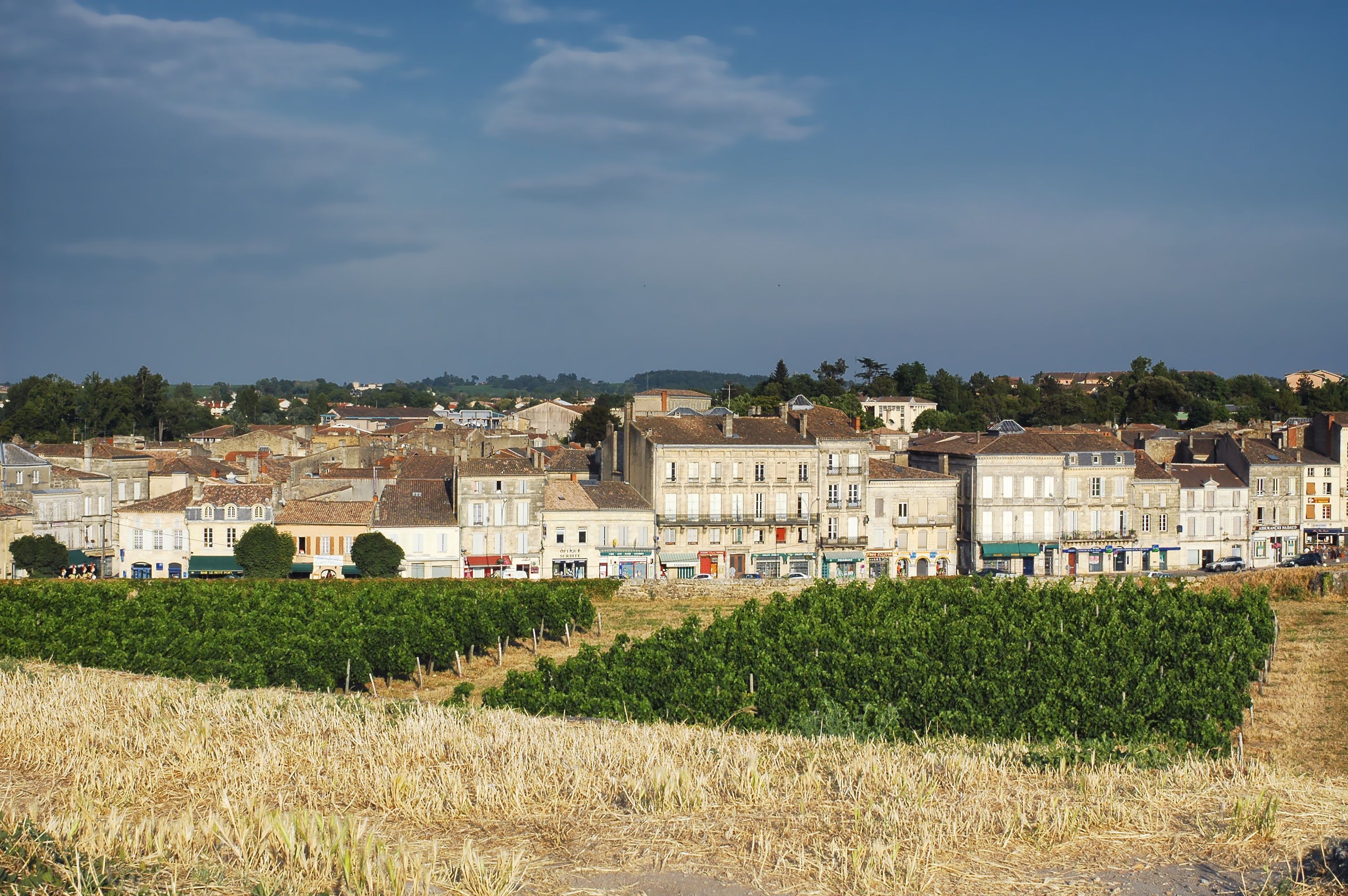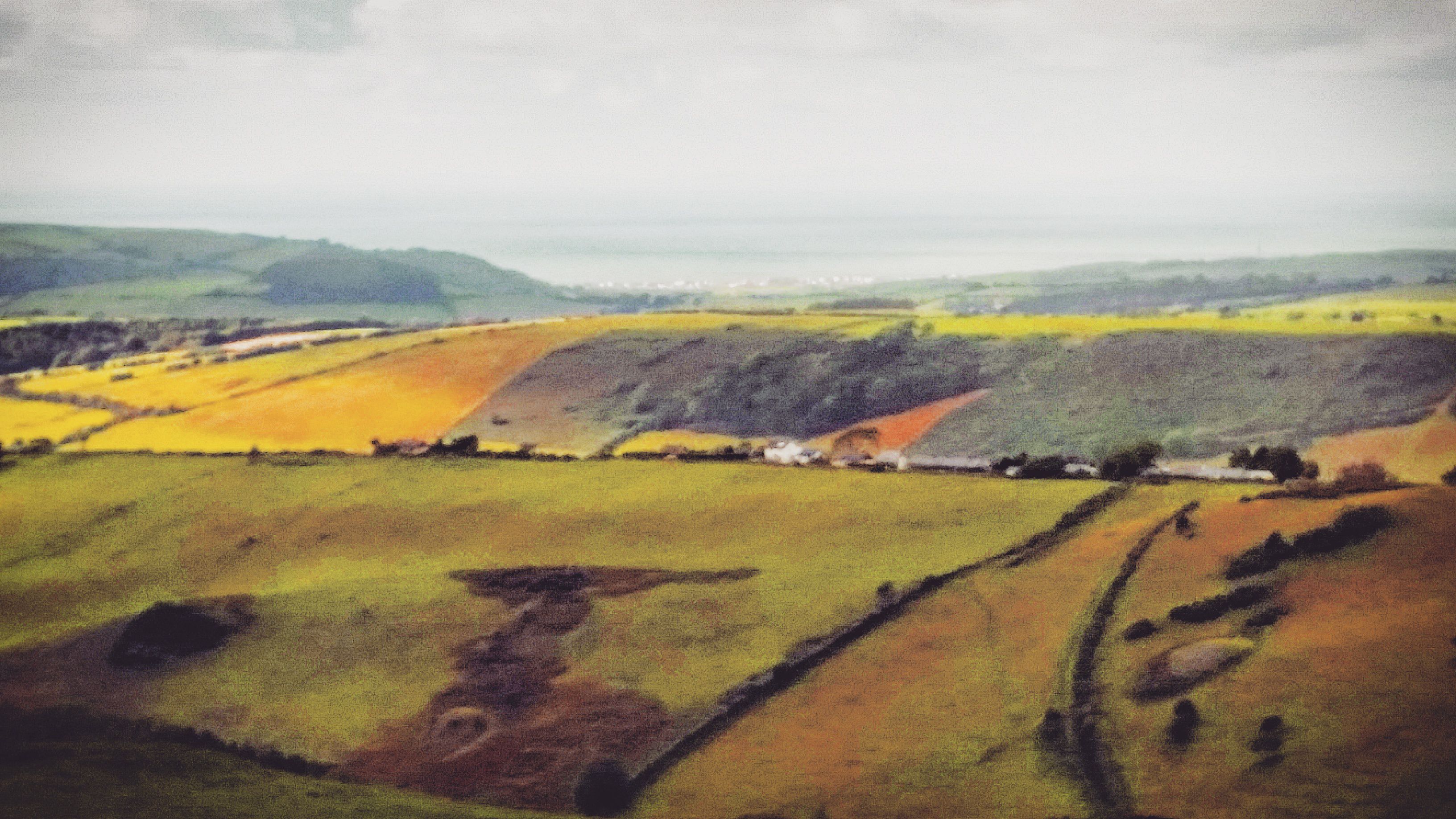Are you learning an endangered language?
We’re now into the third week of our uTalk Challenge! Over 350 people are taking part and over 40 languages have been chosen to learn! The most popular languages are some of the most spoken ones in the world like Polish, Spanish and Japanese.
Interestingly, we also have some endangered languages chosen. UNESCO publishes a list of the languages that are classed as endangered; there are five different levels, from Vulnerable (most children speak the language but only in restricted places) to Extinct (no one speaks the language anymore). Some of these surprised as me as Welsh, Scottish Gaelic and Irish are all on the UNESCO list. Hawaiian is on the list as ‘critically endangered’, which is one level away from being extinct, due to the speakers of the language being the oldest generation of the family.
When it comes to our uTalk Challenge here are the four of the endangered languages that have been chosen:
Basque
There are around 660,000 speakers left of this language and although spoken in Europe it’s not classed as the Indo-European family of languages, potentially due to it being totally unique, with no similarities to any other languages. There are many theories on where the Basque language comes from, but none of these have conclusive evidence. One of our uTalk Challengers, Patricia, is learning Basque and quickly selected ‘garagardoa’ as her favourite word for beer in any language! Find out why in her video.
Scottish Gaelic
It is quite clear that Scottish Gaelic is spoken in some parts of Scotland, mainly in the Western Isles. It is one of the three languages in Scotland, with English and Scots also being spoken. Scots is also classed as an Endangered language, but on a lower level than Scottish Gaelic. There are around 60,000 people who speak Scottish Gaelic still. However, across many Scottish schools the introduction of Scottish Gaelic began in the 1980s, with it now being taught across primary and middle schools.
Welsh
Welsh is Britain’s oldest language, dating back to around 4,000 years ago. Today there are 750,000 speakers; this is around 20% of the Welsh population. Welsh is most popular in the west of the country; however, there is evidence that more schools in Wales are now teaching the language. Within Wales there are two main dialects, North and South Walian. It is hard to establish where these two dialects cross over, as they both have different accents, vocabulary and grammar points. Liz and Nat from the EuroTalk office are learning Welsh for the challenge (in fact Nat’s already completed the app because she’s much better at languages than the rest of us!).
Wolof
This is one of the six main languages in Senegal. Originally written with an Arabic alphabet, it was then standardised using the Latin alphabet. A lot of Wolof speakers use French loan words when speaking the language, which could be one of the reasons Wolof has become an endangered language. In certain urban areas of Senegal people use a mix of Arabic, French and Wolof but in Gambia they use English words as loan words instead.
Do you speak any endangered languages? Please let us know on Twitter or our Facebook page. Or if you’d like to learn an endangered language, you can find all of the above and more in our uTalk app.
Alex
Which language are you learning? The results!
We had a great response to our recent language learning survey; thank you to everyone who took the time to complete it. First things first: we’re delighted to announce that the winner of the iPad mini prize draw is Konstantia Sakellariou. Congratulations, Konstantia – your iPad is on its way!
We wanted also to share a few of our findings with you. Some of the results from the survey were as we expected, others were quite surprising. Here are just a few of the things you had to tell us. Thanks again for all your thoughtful responses, we’ll put them to good use.
Which language(s) are you learning (or would like to learn)?
The first question was pretty straightforward. A couple of people ticked every language on offer (over 100) – now that’s what we call ambition! – but most chose between 1 and 5. Here are the top ten most popular languages:  Other popular choices included Greek, Swedish, Dutch, Brazilian Portuguese, Norwegian, Irish, Polish and Icelandic. We also got some requests for languages we don’t yet offer, like Guernésiais and Twi – we’ll do our best to add those languages to our list, so watch this space!
Other popular choices included Greek, Swedish, Dutch, Brazilian Portuguese, Norwegian, Irish, Polish and Icelandic. We also got some requests for languages we don’t yet offer, like Guernésiais and Twi – we’ll do our best to add those languages to our list, so watch this space!
Why are you learning a language?
Next, we wanted to know why you’re learning a language. Nearly half of the respondents chose travel as a reason, and almost as many said they were learning a language just for fun. 36% of respondents said it was for family reasons or for a relationship, and 27% for work. The results were quite evenly split though, showing that there’s no one overwhelming reason – everyone has their own motivation.  Among the other reasons, we had a range of answers, including an interest in the culture of the language, personal challenge and wanting to follow literature, film and music in other languages. Many people are living in another country, which was their main motivation for learning the local language. And one person said that their heart asked for the knowledge, which we loved 🙂
Among the other reasons, we had a range of answers, including an interest in the culture of the language, personal challenge and wanting to follow literature, film and music in other languages. Many people are living in another country, which was their main motivation for learning the local language. And one person said that their heart asked for the knowledge, which we loved 🙂
What prevents you from learning a language?
We were also interested to know what stops people from learning a language, so we asked you to rate the following reasons out of 5. The most common barrier to learning is a lack of time, followed by not having found the right method, and then the cost involved.  Incidentally, if you’re facing any of these barriers, you may like to check out our recent posts, on finding time to learn a language and learning on a budget. And if you’re looking for resources, did you know you can try out the EuroTalk learning method for free? Either visit our website, or download our free app, uTalk for iOS, to give it a go. We believe learning a language should be fun, because our research shows we learn much better if we’re enjoying ourselves, and this in turn makes it a lot easier to overcome the obstacles that get in the way. See what you think! Other answers included not having an opportunity to use the language, a lack of motivation and difficulty finding resources for the particular language they wanted to learn (we may be able to help there – we’ve got 136 languages and counting…).
Incidentally, if you’re facing any of these barriers, you may like to check out our recent posts, on finding time to learn a language and learning on a budget. And if you’re looking for resources, did you know you can try out the EuroTalk learning method for free? Either visit our website, or download our free app, uTalk for iOS, to give it a go. We believe learning a language should be fun, because our research shows we learn much better if we’re enjoying ourselves, and this in turn makes it a lot easier to overcome the obstacles that get in the way. See what you think! Other answers included not having an opportunity to use the language, a lack of motivation and difficulty finding resources for the particular language they wanted to learn (we may be able to help there – we’ve got 136 languages and counting…).
How have you used your language when travelling?
Finally, we asked how knowing another language has been useful when you’re travelling. There was no clear winner here, which just goes to show knowing a language is always useful! But the top response was that it gives you the ability to talk to locals in their own language; many people added that they felt more welcome as a result and that it gave them independence so they could make the most of their trip. There were lots of practical reasons too, with getting around and eating out narrowly beating shopping in the poll. If you missed out on the survey this time, don’t worry – we’re planning another one soon, so keep an eye on the blog (you can subscribe by email above to get the latest updates), or follow us on Facebook or Twitter. And if you didn’t answer this survey but would still like to have your say on any of the questions, you’re very welcome to email us or add your thoughts in the comments below.
If you missed out on the survey this time, don’t worry – we’re planning another one soon, so keep an eye on the blog (you can subscribe by email above to get the latest updates), or follow us on Facebook or Twitter. And if you didn’t answer this survey but would still like to have your say on any of the questions, you’re very welcome to email us or add your thoughts in the comments below.
Liz
Data above based on 877 survey responses.
What’s so good about Eurovision?
This Saturday is the final of the Eurovision Song Contest 2014 in Denmark, with 125 million people expected to watch across Europe and beyond. The contest, now in its 59th year, has become known for its wacky performances and tends to divide opinion; while some people love it (although maybe not as much as this man), others claim to find it tacky. But I think most people can agree that whether you take it seriously or not, Eurovision is good fun. (Even if sometimes you need a drink or two to help you through it.) Here are our ten favourite things about Eurovision:
1. Russian Grannies
I had to put this first because it was one of my favourite ever Eurovision moments. The song on its own is fairly forgettable, but what made it amazing was the elderly ladies who managed to incorporate baking into their performance at the 2012 contest. I’m still not sure what it had to do with a Party for Everybody, but it was brilliant, and I’m still disappointed that it didn’t win.
2. Riverdance
The Irish dance act were first discovered when they performed during the interval of the Eurovision Song Contest in 1994. Known for its amazing synchronicity, energy and rhythm, Riverdance went on to become a worldwide phenomenon. So if you’re not a fan, now you know who to blame.
3. Romanian rivalries
In the UK, it’s not seen as very ‘cool’ to enjoy Eurovision, but some other countries take it incredibly seriously. In Romania, for example, it’s a really big deal and apparently it’s traditional for the acts to try and win a place by discrediting their opponents.
4. The voting
How could I not mention the political voting? Half the fun of Eurovision is predicting who’s going to give points to who. Greece and Cyprus usually vote for each other, as do the Scandinavian countries and the Balkans. If that sort of thing interests you, this is a useful summary. Unfortunately, the political voting tends to leave the UK in a precarious position; we often get votes from Ireland, and sometimes Malta, but not very often from anyone else…
5. The UK
While we’re on the subject, let’s take a look at the UK’s Eurovision record. It’s hard to believe looking at recent history, but apparently it’s one of the most successful countries, winning five times since our first appearance in 1957. The last win was in 1997, with Katrina and the Waves, and since then we’ve not been doing so well, finishing last three times. The first of these was in 2003, when we scored an embarrassing ‘nul points’. Apparently this year’s entry, Children of the Universe, by singer-songwriter Molly, is expected to do well. I’ll believe it when I see it.
6. ABBA
It’s not often that a Eurovision act goes on to have a successful long term career, but one exception is Swedish group ABBA. Not only did they win the contest for Sweden in 1974, they went on to sell over 380 million albums worldwide. Their music also featured in the hit film Muriel’s Wedding and the award-winning musical, Mamma Mia! (And the movie version, which introduced the world to the singing ‘talents’ of Pierce Brosnan.)
7. Alcohol is Free
Regardless of your views on drinking, it’s hard not to tap your foot along to Alcohol is Free, by Koza Mostra and Agathonas Iakovidis, a.k.a. the Greek answer to Madness. They finished sixth in 2013.
8. Finland
We love Finland; they always come up with something memorable. Last year was the catchy Marry Me, which ended with that kiss, but nothing beats 2006 entry Hard Rock Hallelujah, by Lordi. Eurovision isn’t known for its heavy metal, preferring to stick to happy songs about how we should all love each other. But the alternative approach seemed to do the trick; the band won that year’s contest.
Warning: this video contains flashing lights and monster masks!
9. Language rules
Eurovision used to have a very strict rule about countries only singing in their native language, which has been lifted and restored a few times over the years. These days, many of the competing countries choose to perform in English, but some remain loyal to their own language; France and Spain are two examples. When I was growing up, there were more songs in other languages than there are today, and we used to enjoy turning on the subtitles and watching them struggle to translate the lyrics. Songs in English have won 28 times, followed by French, with 14 wins.
10. Fairytale
This was a popular choice in the EuroTalk office. Every now and again, Eurovision does actually produce a good song, and Fairytale was the one that we all thought of. The Norwegian entry for 2009 featured violinist Alexander Rybak, and won with a record-breaking 387 points out of a possible 492. For some reason, Alexander and his dancers were also a bit of a hit with the ladies…
Have we left out your favourite thing about Eurovision? Let us know in the comments!
Liz



